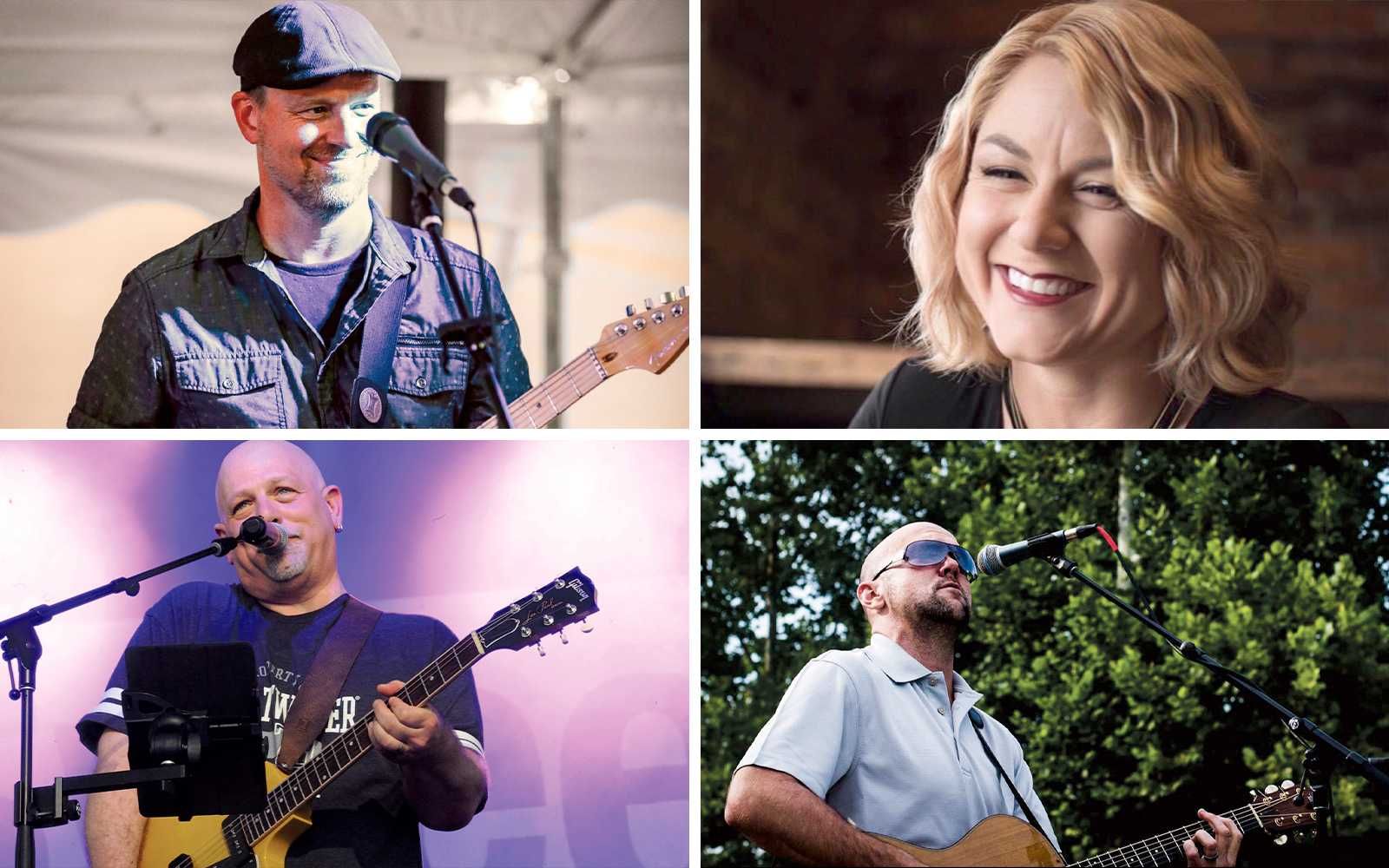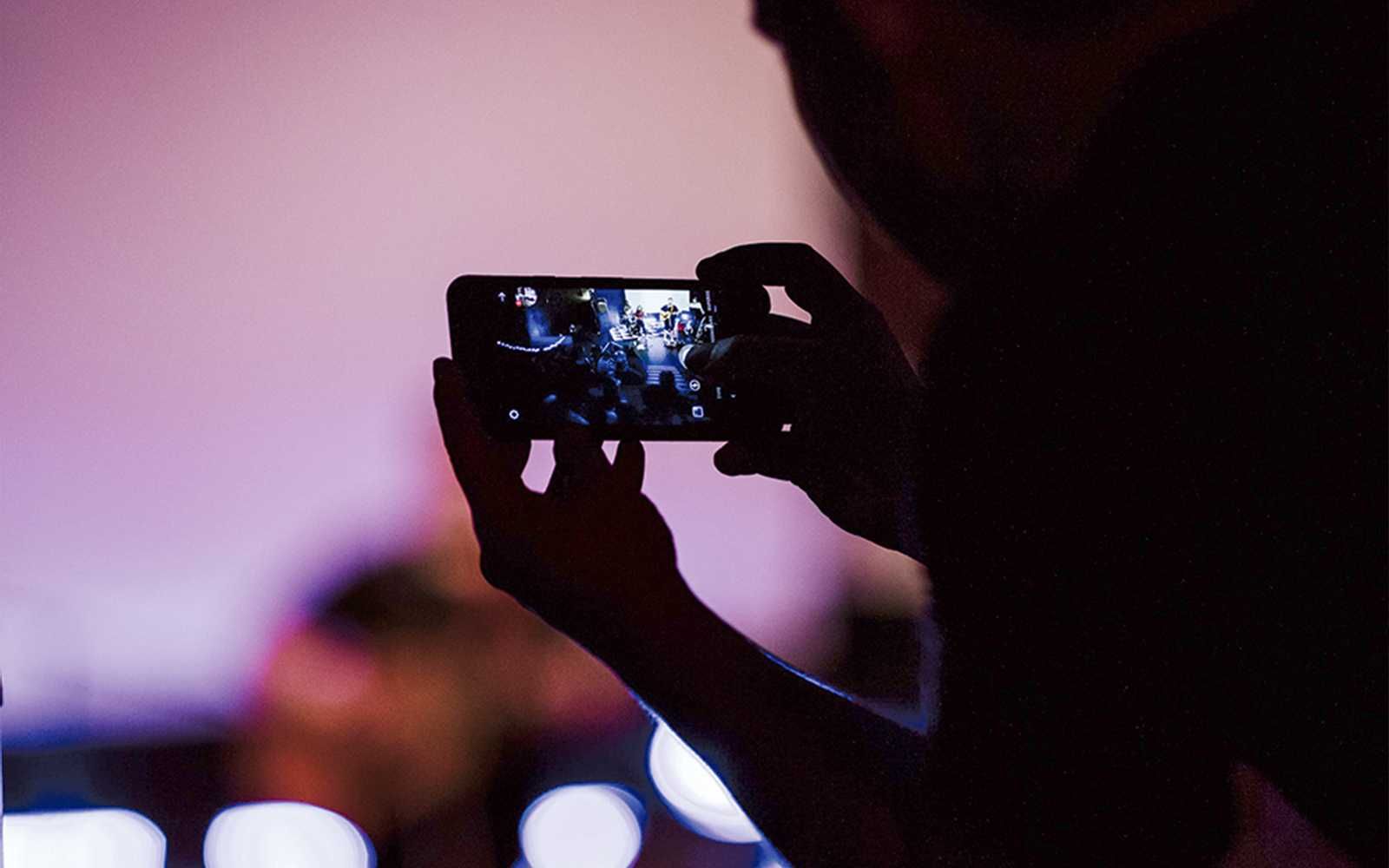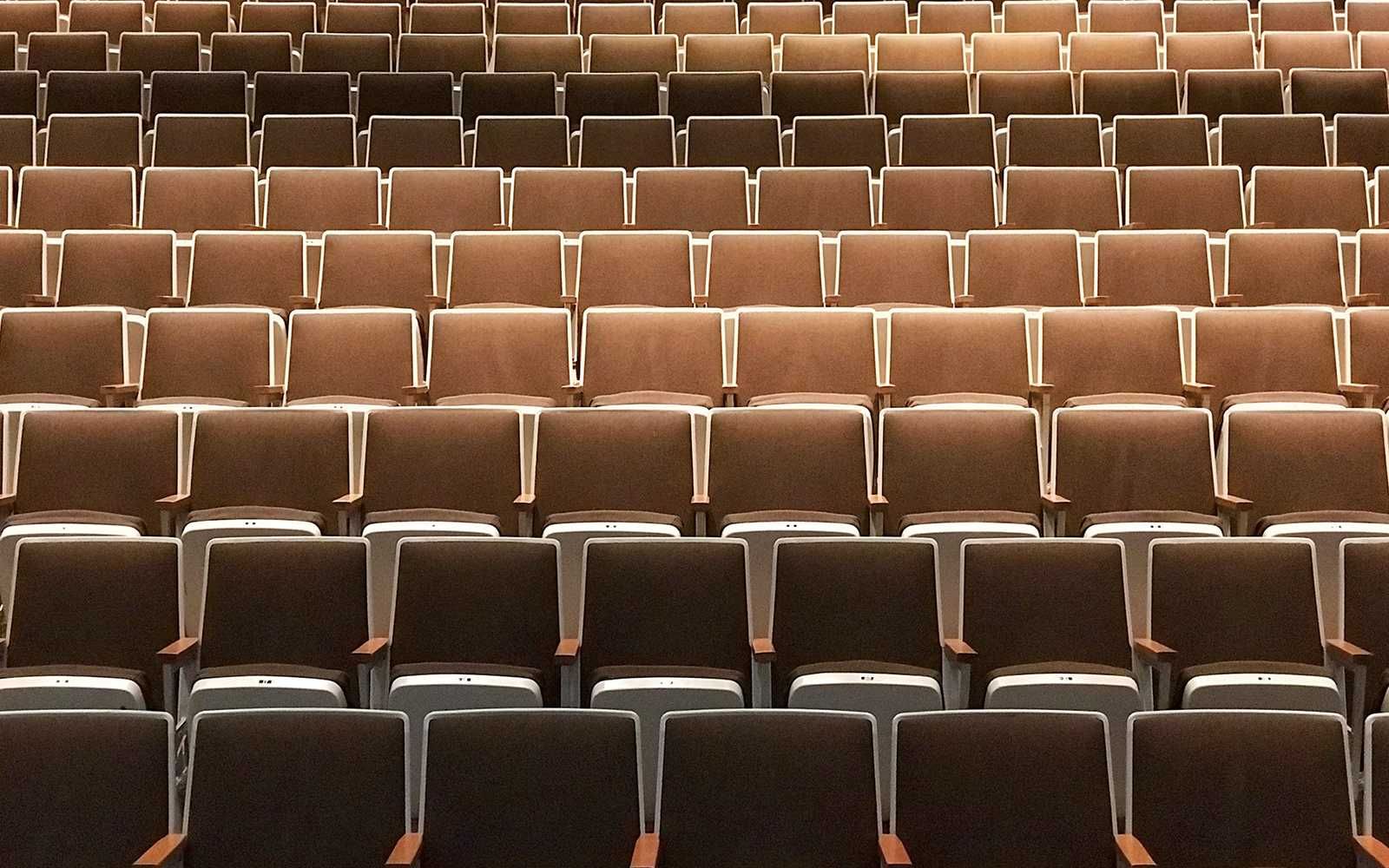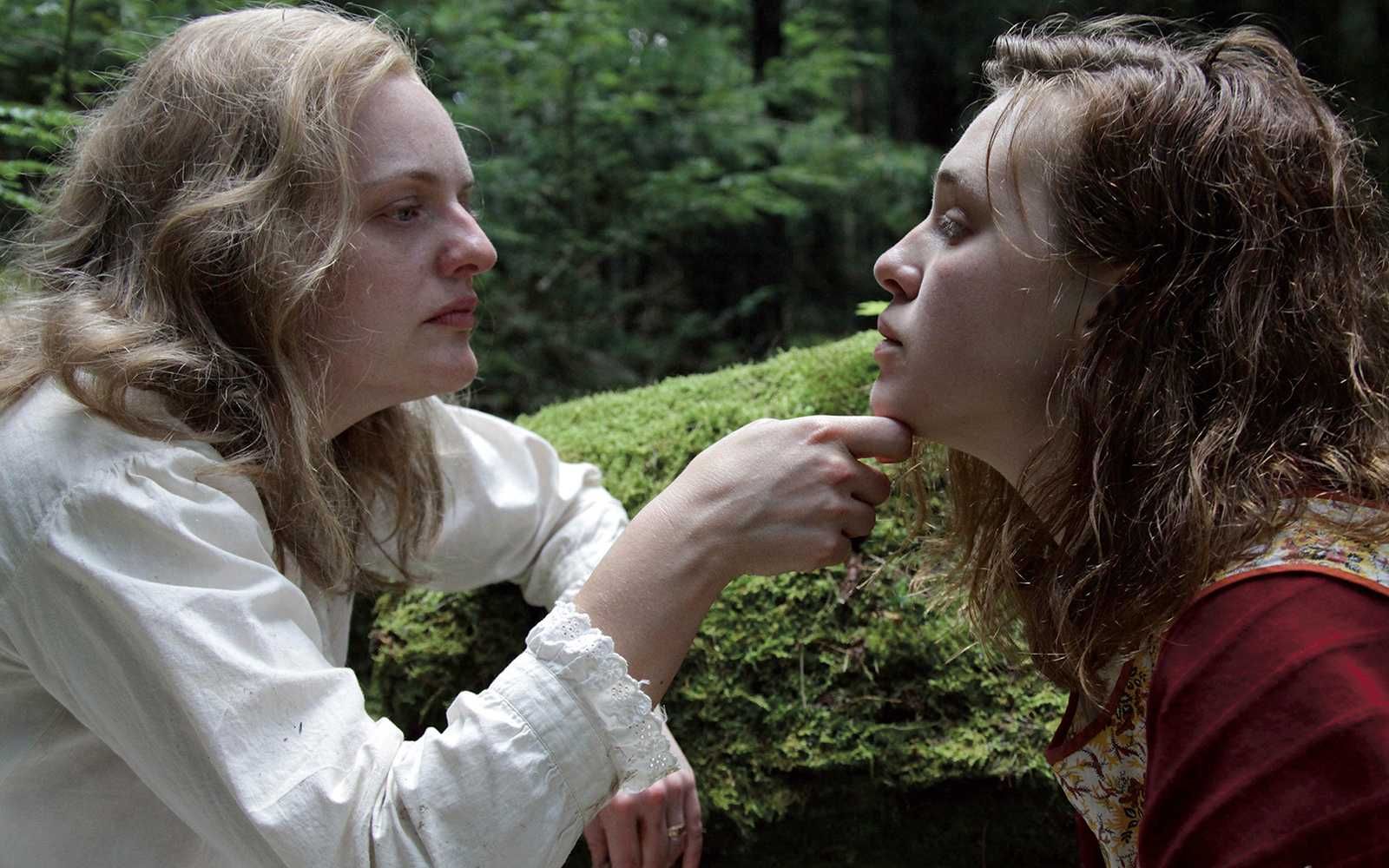It isn’t easy to make a full-time living as a musician.
It’s hard enough in a city like Los Angeles. But it’s exponentially harder in a small town like Fort Wayne.
Nevertheless, Jon Durnell managed to make a full-time living as a musician here for a long time.
Then COVID-19 came along.
Fireside Quarantunes
“After the first week of March,” Durnell said, “the writing was on the wall. I was able to complete the next week of gigs just barely. By March 16, I was out of work. I was extremely concerned because I had no idea how I would generate any income. I knew by the following Monday that I was going to need to live stream shows on Facebook and my goal was to be the first and the best. I knew that if I waited, I had the potential to get lost in the noise of everyone doing the same thing.”
A lot of musicians decided to perform live on Facebook and pass the digital hat, but Durnell kicked things up a notch.
He provided his fans with a list of requests ahead of time and asked them to bid on their favorites.
Thus it was that Durnell’s Friday night Facebook concert series, Fireside Quarantunes, went a long way toward making up lost revenue from canceled gigs.
“It’s waned a little bit, which is to be expected” he said, ten weeks into the series. “It started out really strong. It’s doing OK. I would definitely be lost without it.”
Durnell’s lockdown survival model proved so successful that is was borrowed by a friend and fellow musician, Adam Strack.
Fundraiser for struggling musicians
Lockdown has been especially challenging for local participants in the gig economy — musicians, writers, and artists — but area musical freelancers have found several creative ways to rise to these challenges.
Keyboardist, band leader, and promoter Alicia Pyle launched a fundraising effort on behalf of struggling musicians called “Fort Wayne Freelance Musician fundraiser SOS.”
Pyle coupled pleas for donations with live and recorded concerts.
As of late May, she had raised more than $11,000. Funds were distributed throughout the campaign.
“The funds are distributed as soon as they’re deposited,” Pyle said. “We targeted a $300 mark (per recipient). There are some more extreme situations, and some outside donors who didn’t want to donate through the fundraiser helped with those.”
Pyle said the fundraiser will end on June 14.
“It looks like that’s when things are reopening,” she said. “It’s probably a good time to transition. But there are still people asking for money. We just wanted to help people. The community showed up in a way that really surprised me. They really care about local music.”
Aid for the bars
In March and April, local musician John Foxworthy commandeered his own digital fundraiser called Fort Wayne Bar-Aid.
It was a two-week effort that also combined live-streamed concerts with appeals for funds. Fort Wayne Bar-Aid was designed to help restaurant waitstaff and bartenders who’d been idled by COVID-19 precautions.
“I have friends and family members that work in the food service industry,” he said. “I heard how worried they were. I’ve been a musician in town for a long time and these folks have always taken care of us all through the year when we play shows at these venues. So I put the question out there, ‘Anybody in bands around here interested in helping out?’”
The answer was an emphatic, “Yes.”
Foxworthy named the campaign after Farm Aid, the annual benefit for American farmers that was founded in the mid-1980s by Willie Nelson, John Mellencamp, and Neil Young.
“Those musicians came together for the farmers,” he said. “I thought, ‘We could do that Fort Wayne. We have a great music scene.’ Fort Wayne is one of those towns: When people need help, everybody jumps in and tries to help.”
The campaign raised nearly $5,000 and provided 50 people with about $100 apiece.
Foxworthy said he is also working with Arts United on its Fort Wayne Artist Relief Fund.
Relief for artists
The Fort Wayne Artists Relief Fund is a collaboration between Arts United and The Community Foundation of Greater Fort Wayne, according to Dan Ross, vice president of community development for Arts United.
“By working together, we feel like we’ve been able to put together a program that has been really impactful,” Ross said.
The fund, made possible by a grant from the John S. and James L. Knight Foundation, is designed to help self-employed artists of all disciplines financially navigate the COVID-19 economy.
Christine Meek of the Community Foundation indicated that the fund received a total of 46 applications, 44 of which were approved. Thus far, $25,000 has been distributed, generally in $500 increments.
“It’s from a wide range of disciplines,” Ross said. “Dancers, musicians, some stage technical people. A wide range of artistic backgrounds. The goal was to make it easy for people to do and get some dollars into their hands quickly.”
Creatives, aka creative people, are an important part of communities, Ross said.
“I think we all firmly believe that the communities that come out of this 18 months from now who have invested in their creative sectors – they’re going to be the communities that will be poised to thrive going forward,” he said,
Ross said the Fort Wayne Artists Relief Fund program will continue through the end of June and may be renewed at that point.
Driveway concerts
There is relief for artists out there, but there is also relief provided by artists.
Fort Wayne musician and Sweetwater Sound exec Bob Bailey decided during lockdown to relieve the tedium in Southwood Park by doing nightly mini-concerts in the driveway of his neighbor, Geoff Clark. Clark is also a musician.
“Geoff did one by himself,” Bailey said. “And he asked me if I would get involved.”
The impetus for the outdoor shows was “the 7 p.m. wave,” he said. This was the campaign to encourage locked-down neighbors to wave at each other at 7 p.m. from their front stoops and porches.
“Neither one of us are waving kind of people,” Bailey said. “So we decided that we’d just play a song. We wanted to socially distance. So he stood one side of the driveway and I stood on the other. We figured that was about nine feet.”
The mini-concerts became destination events in this south side neighborhood.
“The first night there were a couple of people there,” he said. “The next night, there were a couple more people there. And it just kind of grew into this thing that people expected us to do. They were all lining up outside and waiting for us show up.”
Time to think ahead
The duo stopped when Indiana entered its first phase of reopening. This is just as well: Bailey’s time was soon swallowed up by the gargantuan task of moving the entirety of Sweetwater’s summer trade show, GearFest, online.
“With that decision came a whole new set of challenges,” Bailey said. “We have a basic outline but we’re all pedaling as fast as we can. We’ll live stream for eight hours a day.”
An online GearFest shows just how much the musical landscape has changed in Fort Wayne. Live music will slowly return to the city’s venues but “back to normal” may be further off.
Pyle said this is a good time for musicians to revamp websites, refresh marketing materials, and increase networking.
“If these things aren’t second nature for people, they really should be,” she said. “This is a really interesting life lesson we’re going through now.
“Ask yourself, ‘How many different places do I receive income from? How do a manage my relationship with those different places?’”
 Submit Your Event
Submit Your Event



